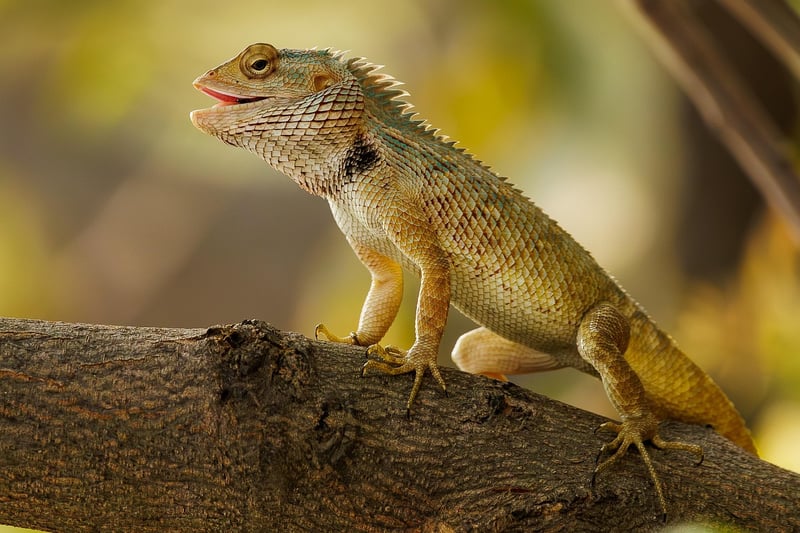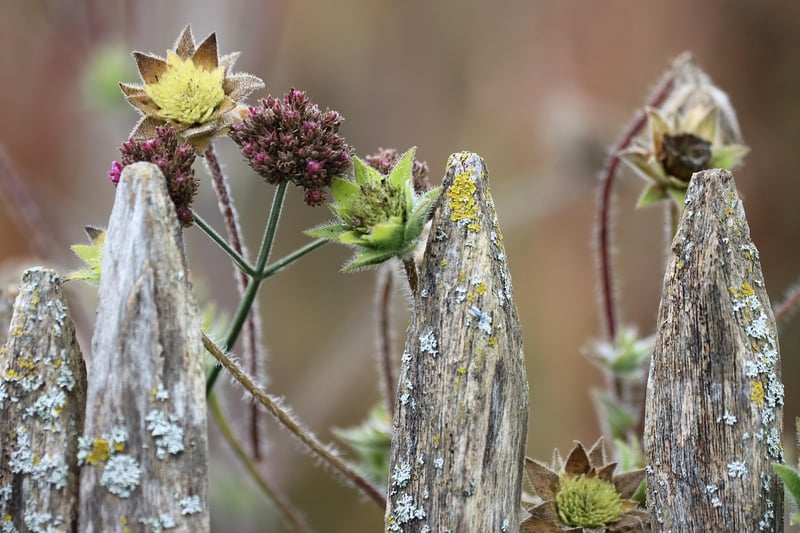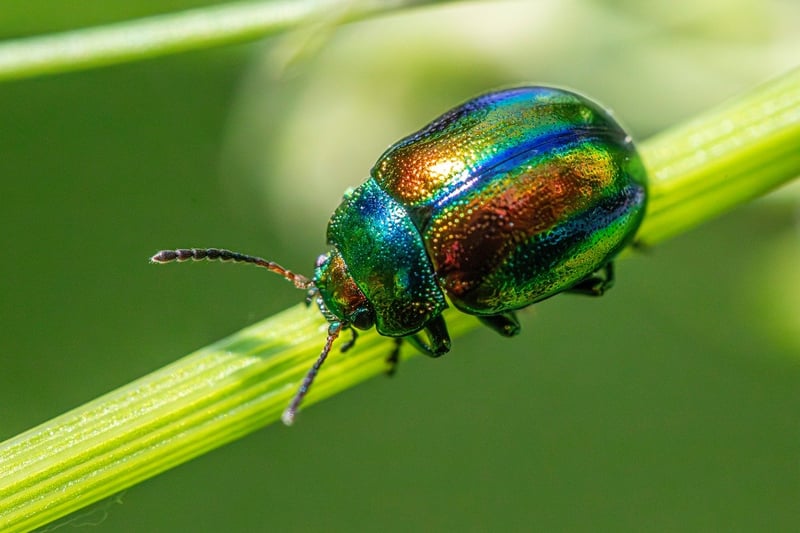Pest Management
Keep Your Garden Thriving: Pest Management Tips

Having a beautiful garden is a joy, but keeping it thriving can be a challenge, especially when pests decide to pay a visit. Here are some effective pest management tips to help you maintain a healthy and vibrant garden:
1. Identify the Pests
Before you can effectively manage pests in your garden, you need to know what you're up against. Take the time to identify the pests that are causing damage to your plants. Common garden pests include aphids, slugs, snails, and caterpillars.
2. Natural Predators
Encourage natural predators like ladybugs, lacewings, and birds to help control pest populations in your garden. These beneficial insects and animals can be a gardener's best friend when it comes to pest management.
3. Neem Oil
Neem oil is a natural and effective insecticide that can help protect your plants from a variety of pests. It works by disrupting the pests' hormonal balance, making it difficult for them to feed and reproduce.
4. Crop Rotation
Rotate your crops each season to help prevent the buildup of pests in the soil. Different plants attract different pests, so by rotating your crops, you can disrupt pest life cycles and reduce infestations.
5. Clean Garden Practices
Keep your garden clean and tidy to eliminate hiding spots for pests. Remove debris, weeds, and dead plant material regularly to reduce the likelihood of pests taking up residence in your garden.
6. Companion Planting
Planting certain flowers and herbs alongside your vegetables can help deter pests. Marigolds, basil, and lavender are known for their pest-repelling properties and can be great companions in your garden.

By implementing these pest management tips, you can keep your garden thriving and pest-free. Remember that a healthy garden starts with good pest control practices!
Happy gardening!
